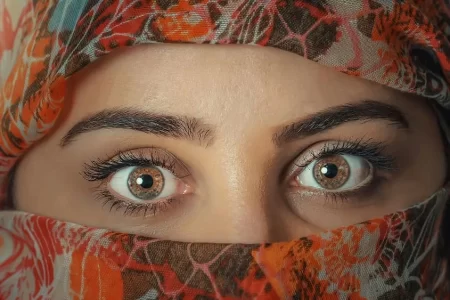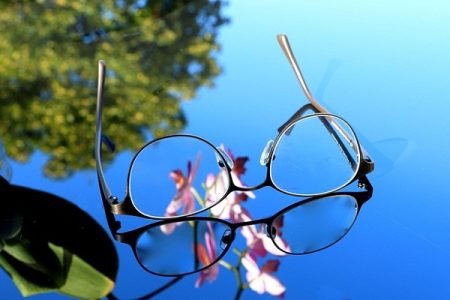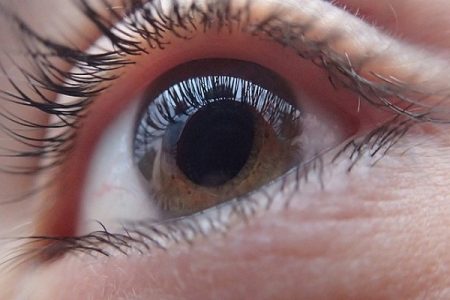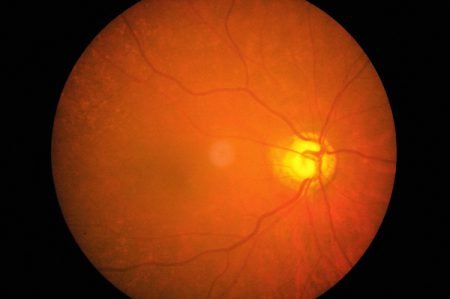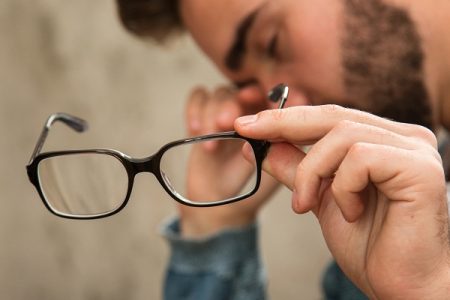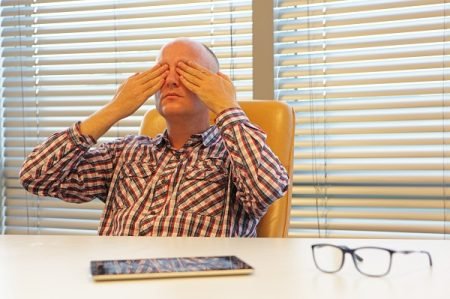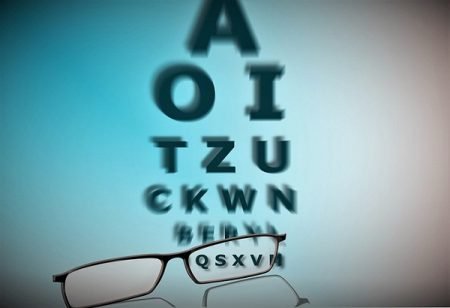Browsing: Macular Degeneration
Comprehensive Information, Resources, and Support on Macular Degeneration
Your eyes are invaluable to you, yet many people simply aren’t giving them the due care and attention that they…
Low Vision Glasses for Stargardt Disease and Other Forms of Macular Degeneration
If you have low vision, your standard eyeglasses are not sufficient to help with routine tasks. Your eye doctor may order special glasses for you to help with a variety of everyday tasks. The low vision could be due to many conditions such as macular degeneration.
Retina Definition The retina of human eye is the sensory membrane that lines the inner surface of the back of…
Anti–Vascular Endothelial Growth Factor Therapy (Anti VEGF Therapy) for Eye Disorders and Cancers
In 1989, the isolation and cloning of vascular endothelial growth factor-A was a milestone in understanding the formation of new blood vessels from the pre-existing vessels. The concept of angiogenesis then became clear. This laid foundations of improved treatments for colorectal cancers.
Is Macular Degeneration Hereditary?
Macular degeneration is hereditary and it runs in families. It means the risk of developing the disease increases if someone in the family has it. This suggests that there are certain genes which when passed through families increase the chances of developing the disease. Hereditary degeneration mostly affects children and young adults.
Age-Related Macular Degeneration: Causes, Symptoms, Diagnosis, Treatment
Macular Degeneration or Age-related Macular Degeneration (AMD) is a common eye problem in which macula damages and does not function properly. It is the most common cause of loss of vision seen in older people. Age-related macular degeneration is related to aging in which sharp central vision is destroyed slowly.
Visual Aids (vision aids) for Macular Degeneration are manufactured in such a way that it becomes convenient for a patient to use it autonomously and enjoy the quality of life. These aids are optical devices which improve vision by the magnification of images.
The condition, Macular Degeneration, has 3 stages. In the early stage, about 20% patients only develop an active neurovascular form. This stage changes to atrophic macular degeneration and later to neovascular macular degeneration which means it worsens slowly and gradually. The condition has no permanent and absolute cure.




